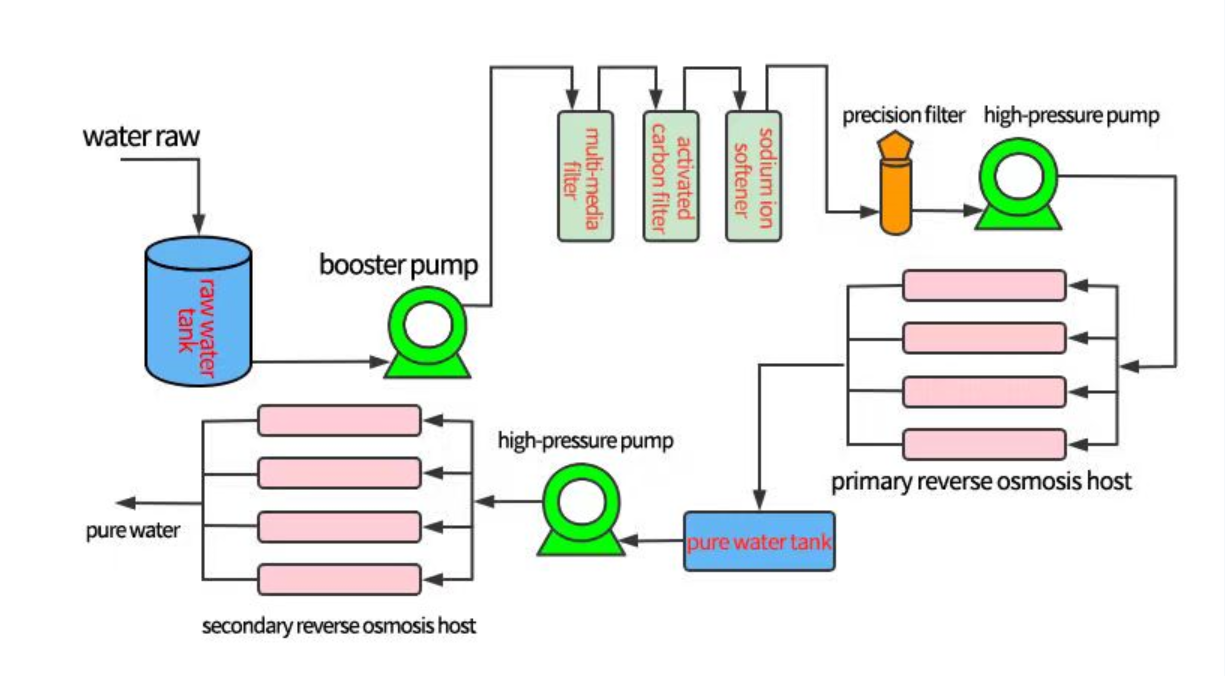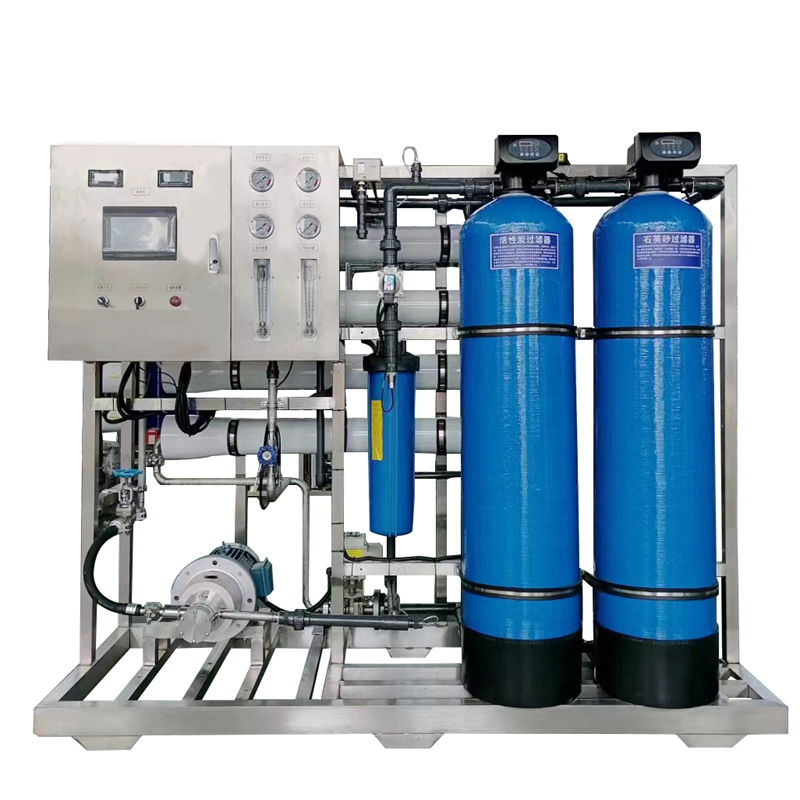Germany’s Fraunhofer Institute for Production Technology has perfected high-quality unwinding of reinforcements used in pressure tanks, retaining more than 90% mechanical strength in the recycled material.
Researchers at the Fraunhofer Institute for Production Technology IPT in Aachen, Germany, have developed a novel recycling process to recover the carbon-fiber reinforcement used in composite materials for pressure tanks. The recovered carbon-fiber tape can be reused for new lightweight products. The aim is to recycle carbon-fiber-reinforced plastics (CFRP) without any significant loss of product quality. By retaining more than 90% mechanical strength in the recycled material, the Fraunhofer team has succeeded in attaining the objectives of its Tankcycling research project . FRP Pipelines

Since hydrogen is regarded as the energy storage medium of the future and since this odorless gas must be stored under high pressure, its use in trucks or automobiles inevitably entails the question of how to store it safely. This is achieved when hydrogen is stored in high-quality pressure vessels made of CFRP. These pressure vessels must be highly resilient and at the same time lightweight and corrosion-resistant so that they are suitable for electromobility. In the wake of the energy transition, demand for high-quality hydrogen tanks has increased. In principle, other liquids or gases also can be stored in fiber-reinforced pressure tanks.
Pressure tanks are manufactured in a laser-assisted tape winding process: Thermoplastic glass- or carbon-fiber-reinforced tape is wound over a base body made of plastic, the so-called liner. The unidirectional (UD) tape that covers the pressure tank cannot be reused in the conventional life cycle of the pressure tank and ends up in hazardous waste dumps.
The recycling process patented by Fraunhofer IPT, which it continued to develop in the Tankcycling project, makes it possible to remove the UD tape from the liner in a peeling process. In this way, the tape can be reused with other products that are also manufactured using the tape winding process. Fraunhofer IPT researchers have developed a plant prototype with various modules: The tape passes through one module in the recycling process before it is stored on a spool at the end in another.
In downstream tests, the scientists compared the mechanical load-bearing capacity of the recycled material with the original material. They were able to show that the recycling process did not significantly reduce the quality of the material. Destructive standard tests demonstrated that the recycled material had lost only 5 to 10% of its mechanical quality compared with the virgin material.
Based on these findings, the researchers were able to define requirements for the recycling process and develop a tank recycling module. This module represents a further development of the recycling process, which was developed on a stationary test rig. In its miniaturized format, the tank recycling module can be attached to a robotic arm. This innovation allows pressure tanks with their complex three-dimensional geometry to be fully recycled. In addition, the recycling process and subsequent rewinding of the tape can be automated in this setup.
Stephen has been with PlasticsToday and its preceding publications Modern Plastics and Injection Molding since 1992, throughout this time based in the Asia Pacific region, including stints in Japan, Australia, and his current location Singapore. His current beat focuses on automotive. Stephen is an avid folding bicycle rider, often taking his bike on overseas business trips, and is a proud dachshund owner.
JEC Composites Innovation Awards: Finalists in Aerospace Parts Category
Microplastics: They’re Here, They’re There, They’re Every Everywhere
Reusable Packaging: A Startup’s Startling Success

FRP Fiberglass Chimneys Copyright © 2024 All rights reserved. Informa Markets, a trading division of Informa PLC.